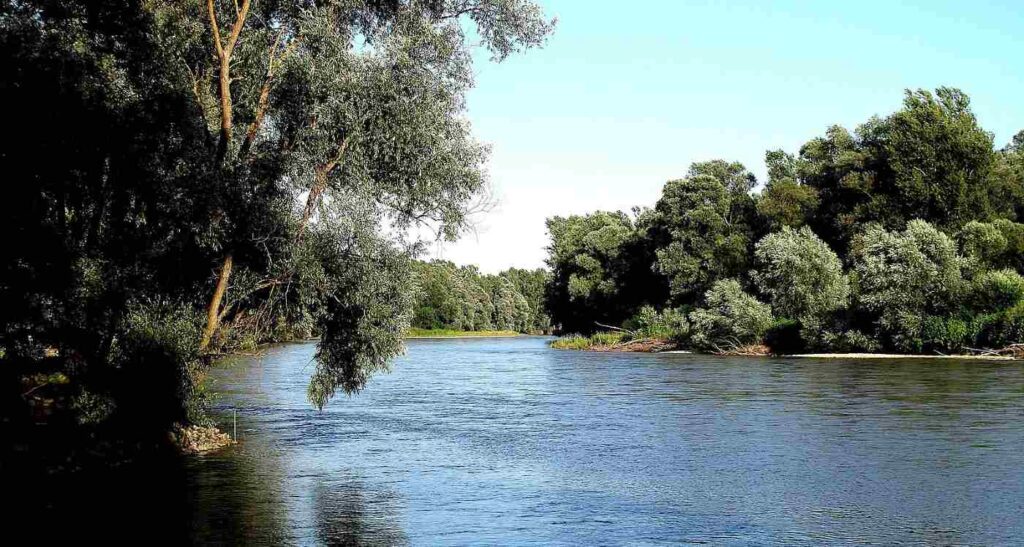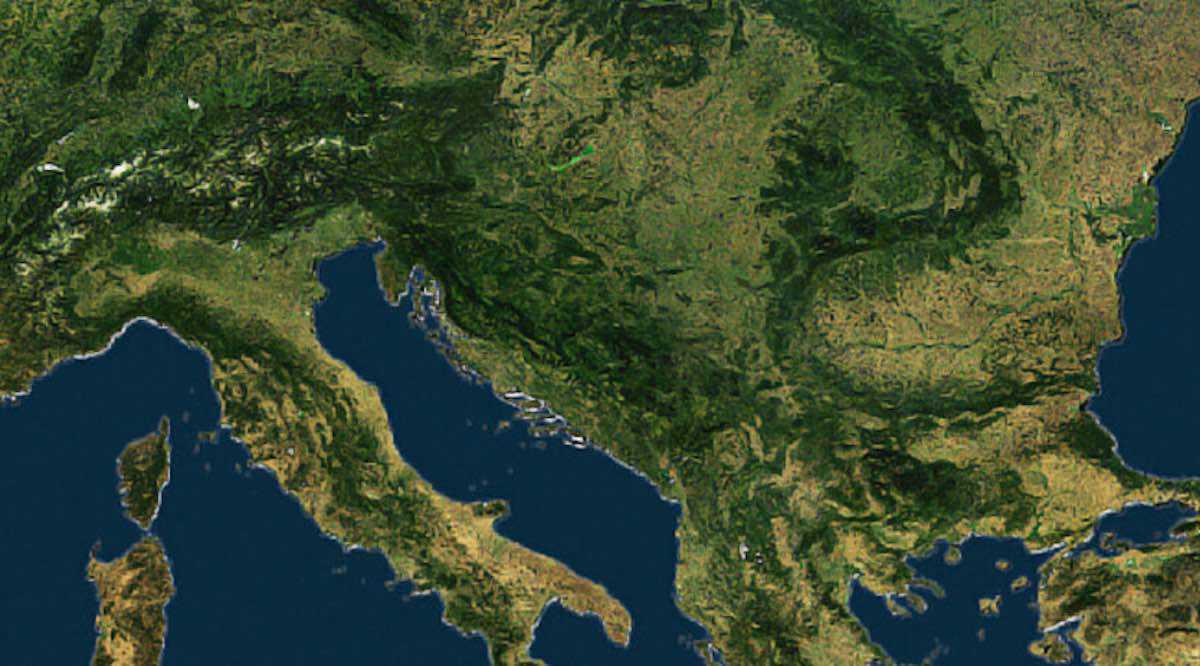
The ‘Amazon of Europe’—a victory for nature 12 years in the making, has finally come to pass as a transboundary UNESCO Biosphere Reserve covering five nations.
Protecting the valuable and vulnerable riverine and estuarine ecosystems of the Rivers Danube, Mura, and Drava, the reserve spans Croatia, Serbia, Hungary, Austria, and Slovenia.
Similar to its famous “World Heritage Sites,” UNESCO Biosphere Reserves represent a high level of international protection and recognition for the finest ecosystems in the world, and ones which are critical to maintaining the biosphere—the global web of life.
The Mura-Drava-Danube Transboundary Reserve (MDD) covers 1,150 square-miles (300k ha) of core wilderness, and 2,700 square-miles of transitionary and buffer zones (700k ha).
The buffer zones contain relatively pristine and related microsystems like wetlands, fish ponds, and oxbow lakes, while the transitionary zones maintain modest human habitation such as villages, ecotourism businesses, and agriculture.
“This is the most valuable connected river landscape in Central Europe and does not need to shy away from being compared with the Amazon,” stated WWF project coordinator Arno Mohl, who advocated for the MDD for over a decade.
The seed for the project was sown in 2009 when Croatia and Hungary signed a joint declaration stating their shared desire to see such a reserve come into being, which was followed just two years later by Serbia, Slovenia, and Austria.
In 2011, UNESCO began reviewing borders and habitat in each country before designating a biosphere in each one, always with the idea of combining them.
Even in a continent as crowded as Europe, the reserve is a sign that nature can maintain bastions around us, and the MDD is the first Biosphere Reserve to cross the borders of so many nations.
“The five countries involved prove that nature conservation can overcome country borders for the benefit of everyone. In the context of the current climate crisis and massive species extinction, protecting the last natural areas has become a matter of our survival,” Mohl continued.
MORE: Couple Gives $100 Million to Conservation of 57,000 Square Miles of African Protected Areas
Representing such an important body of water, it’s unsurprising perhaps that it’s a refuge for imperiled species like the black stork, otter, beavers, little tern, sturgeon, and the highest density of European white eagles, along with 36 species of native Slovenian fish on the IUCN Red List.
In Slovenia, the River Mura is the only stretch of water not separated by dams, meaning fish can migrate from its headwaters all the way to the Danube Delta where it flows into the Black Sea.
REWILD Those News Feeds With the Good News…




















